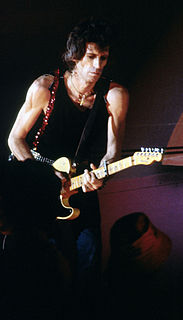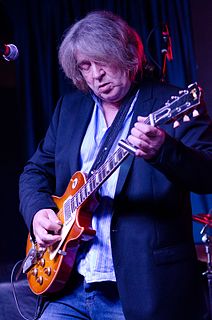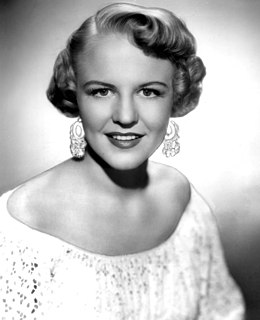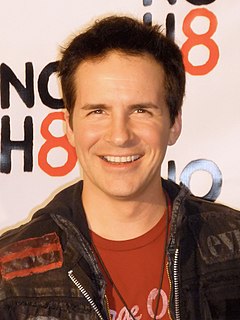A Quote by Eddie Van Halen
Most beginners want to learn lead because they think it's cool .. consequently, they never really develop good rhythm skills .. since most of a rock guitarists time is spent playing rhythm, it's important to learn to do it well .. learning lead should come after you can play solid backup and have the sound of the chords in your head
Related Quotes
From the get-go, I was wise enough to say, 'Well, I'm playing rhythm 'cause Angus could really soar with the leads.' I used to mess around a little bit with lead at the time but not much; Angus, he was just so much better; he just went for it, and it was brilliant. My place was sitting with rhythm, and I love rhythm. I've always loved it.
What interested me about Chuck Berry was the way he could step out of the rhythm part with such ease, throwing in a nice, simple riff, and then drop straight into the feel of it again. We used to play a lot more rhythm stuff. We'd do away with the differences between lead and rhythm guitar. You can't go into a shop and ask for a "lead guitar". You're a guitar player, and you play a guitar.
I saw the Bangles before I was in a band. I really liked their rhythm. That was right when I was trying to learn how to play guitar. I was really frustrated because I couldn't strum, and then I saw Susannah Hoffs do this cool strum on a song, and it was my goal after that to learn how to do that strum.
I've had the chance to watch Metallica's James Hetfield from the side of the stage night after night, listening to his monitors, and his playing is so perfect. Slash is an amazing lead guitarist, but when you listen to his rhythm playing, you can hear how he pulls everything together with such a great feel, which is the most important thing.
I think you can learn lots of skills playing football. Team building is one. You also learn how to solve problems within your team. Sometimes you find yourself playing with players that you don't necessarily like, but you have to put your differences aside for the good of the team. It gives you skills that you may not appreciate at the time.
The paradox of the human condition is expressed more in education than elsewhere in human culture, because learning to learn has been and continues to be Homo Sapiens' most formidable evolutionary task... It must also be clear that we will never quite learn how to learn, for since Homo Sapiens is self-changing, and since the more culture changes the faster it changes, man's methods and rate of learning will never quite keep pace with his need to learn.


































